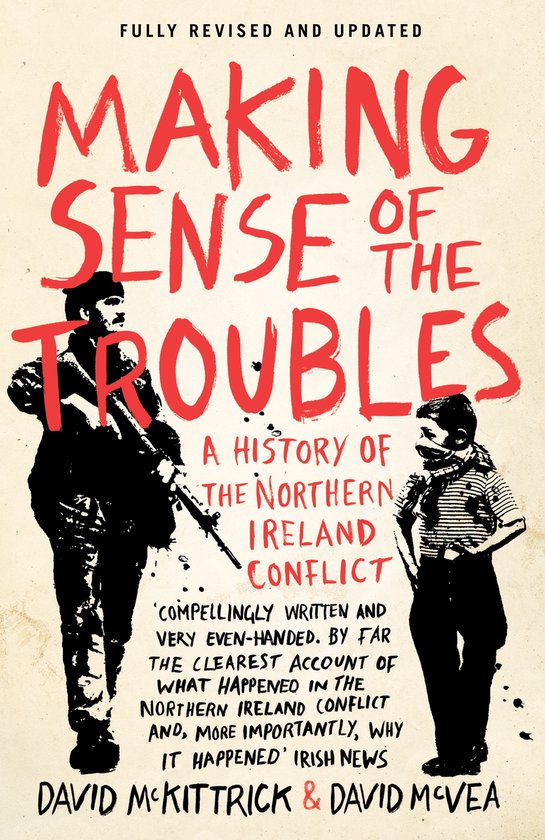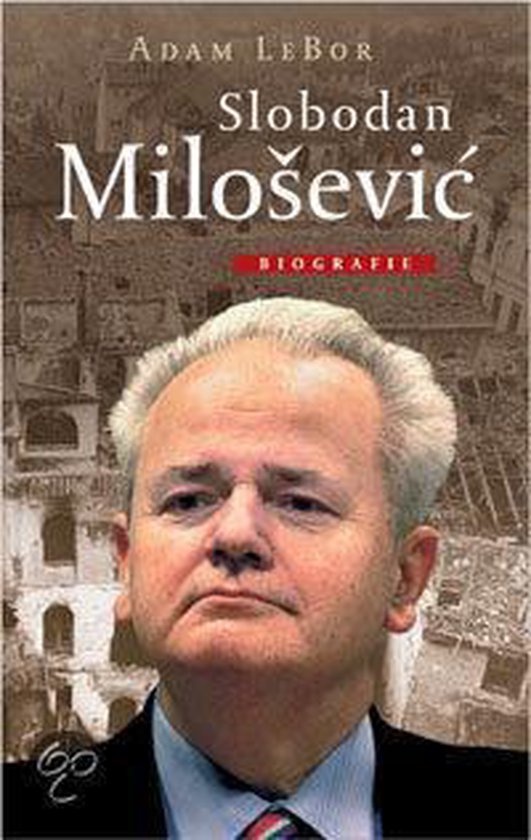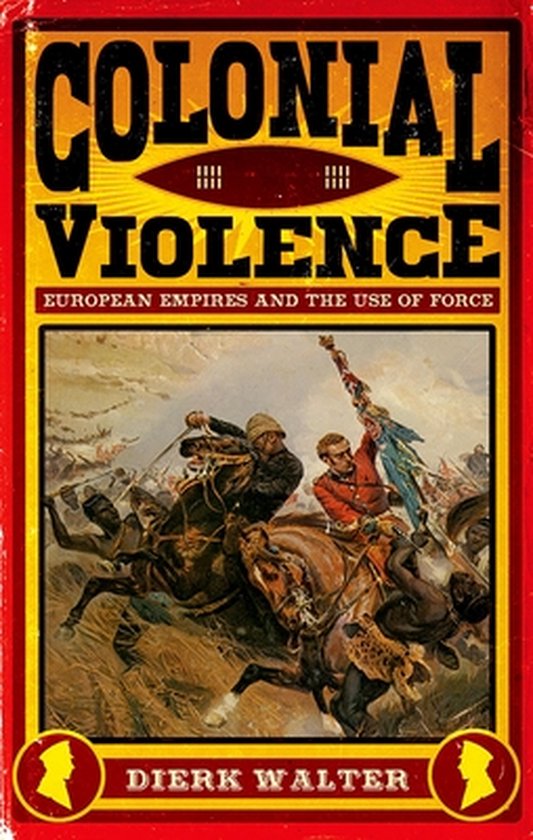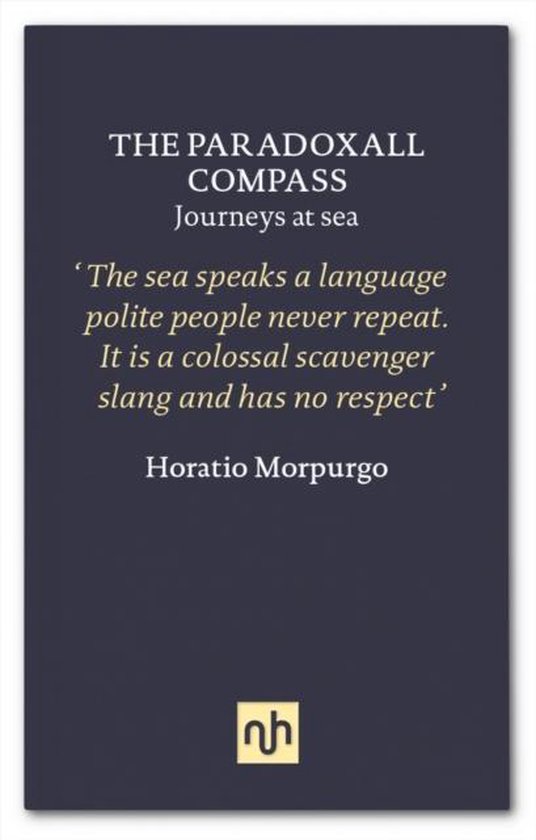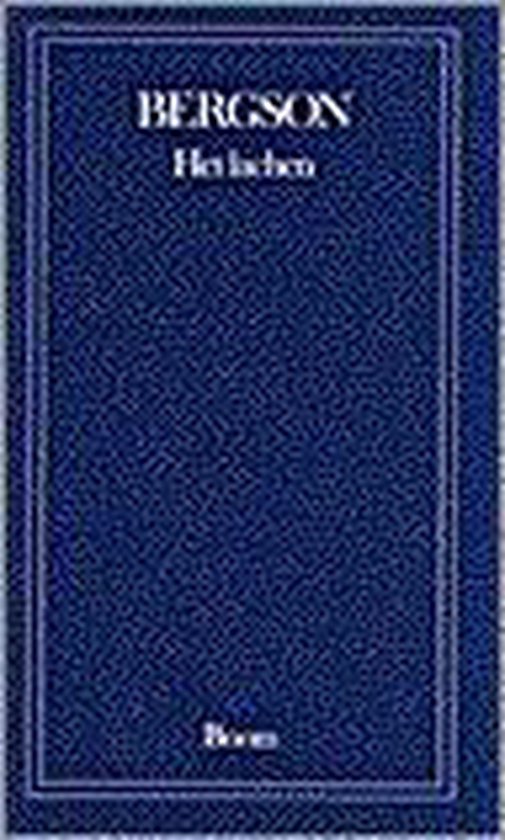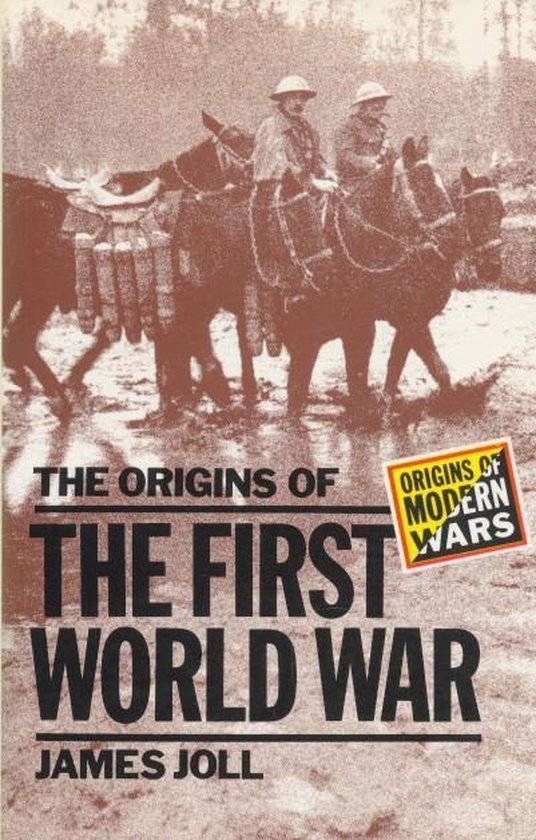
The origins of the first world war
The outbreak of the First World War has always presented a challenge to historians: they have sought to understand its causes in many different ways, from many different angles, and with very different results. The subject has a double fascination for the modern reader, therefore, since the debate throws light not only on the crisis of July-August 1914 itself, but also on the very nature of historical explanation and causality.
In his new study James Joll re-examines the events of that fateful summer in terms of the different types of explanation that historians have offered for them. Themes he explores include the international system; strategic planning and the arms race; the pressures of domestic politics; international economic factors; imperial rivalries; and the cultural and psychological atmosphere of 1914. He relates these to the actual decisions taken at the time, and shows how each of these factors affected the policies of the belligerent powers.
This is not, then, simply another narrative, retracing the powder-trail that was finally ignited at Sarajevo: it is an ambitious and wide-ranging analysis of the historical forces at work in the Europe of 1914, and the ways in which historians have since attempted to explain them.
James Joll was Stevenson Professor of International History in the University of London from 1967 until his retirement in 1981, when he became Emeritus Professor.
In his new study James Joll re-examines the events of that fateful summer in terms of the different types of explanation that historians have offered for them. Themes he explores include the international system; strategic planning and the arms race; the pressures of domestic politics; international economic factors; imperial rivalries; and the cultural and psychological atmosphere of 1914. He relates these to the actual decisions taken at the time, and shows how each of these factors affected the policies of the belligerent powers.
This is not, then, simply another narrative, retracing the powder-trail that was finally ignited at Sarajevo: it is an ambitious and wide-ranging analysis of the historical forces at work in the Europe of 1914, and the ways in which historians have since attempted to explain them.
James Joll was Stevenson Professor of International History in the University of London from 1967 until his retirement in 1981, when he became Emeritus Professor.
| Auteur | | James Joll |
| Taal | | Engels |
| Type | | Paperback |
| Categorie | |
